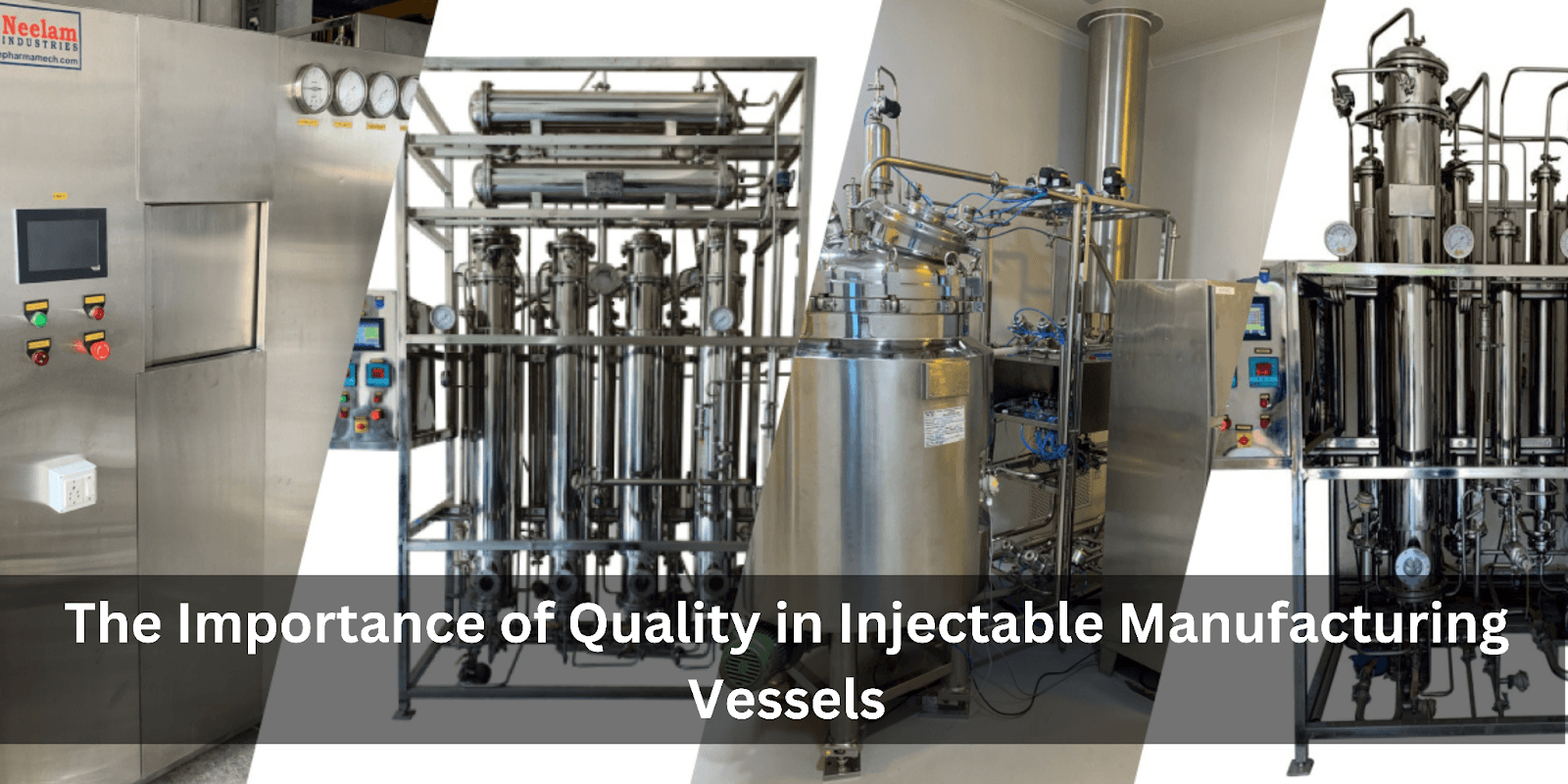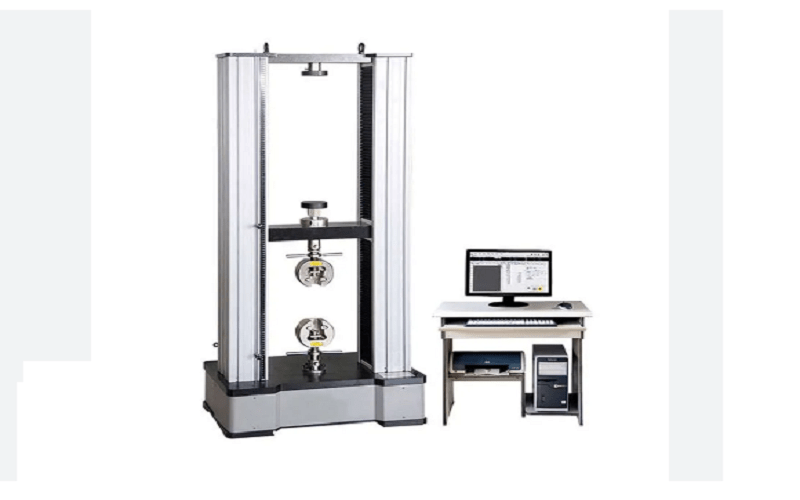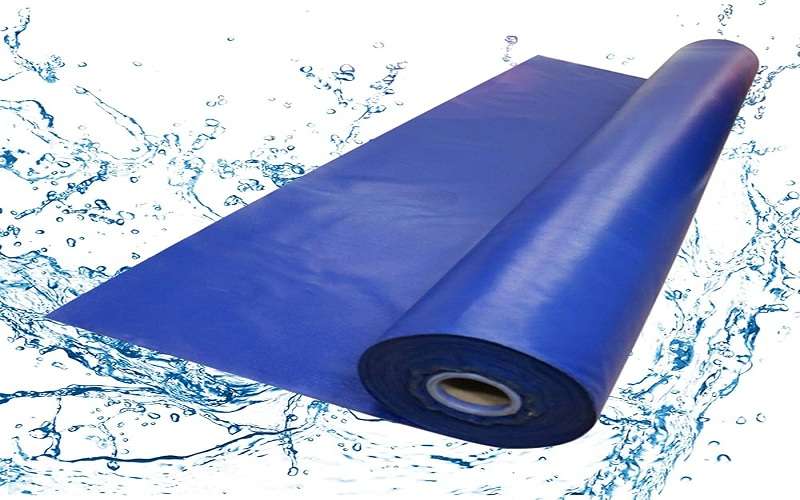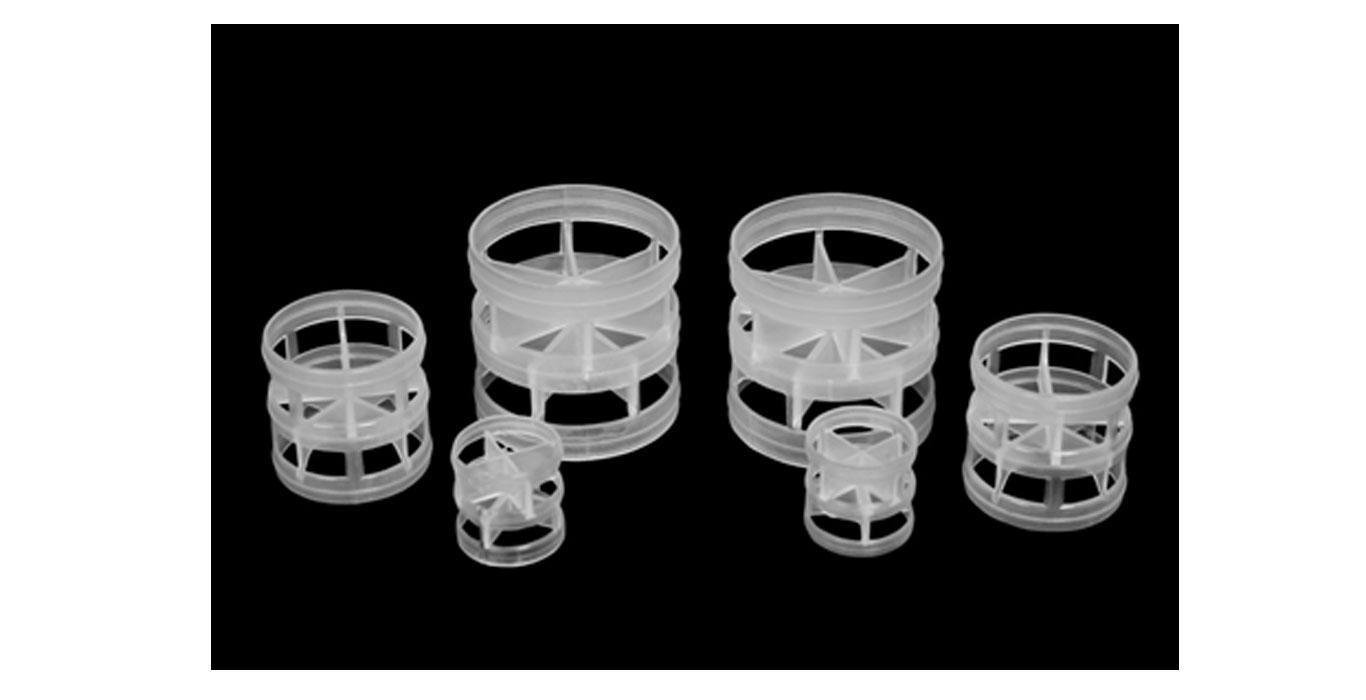The field of pharmaceuticals relies heavily on the development and manufacturing of high-quality injectable medications. To deliver these life-saving drugs to patients, it is crucial to ensure that the vessels used for containment, storage, and administration meet the highest standards of quality. In this article, we will explore the significance of quality in injectable manufacturing vessels and the various aspects that contribute to it.
Understanding Injectable Manufacturing Vessels
Injectable manufacturing vessels are containers specifically designed to store and deliver injectable drugs. These vessels play a pivotal role in maintaining the stability, safety, and efficacy of pharmaceutical products. They come in various forms, such as glass vials, plastic vials, prefilled syringes, and cartridges, each catering to different drug delivery needs.
The Importance of Quality in Injectable Manufacturing Vessels
Quality is paramount when it comes to injectable manufacturing vessels, and it affects several critical aspects of pharmaceuticals. Some of the key reasons why quality is vital in injectable manufacturing vessels include:
1. Safety and Efficacy
The primary concern with any pharmaceutical product is patient safety and treatment efficacy. High-quality vessels ensure that the drugs are stored and administered without any contamination or degradation, reducing the risk of adverse reactions and maintaining treatment effectiveness.
2. Regulatory Compliance
Pharmaceutical manufacturers must adhere to strict regulatory guidelines set by authorities like the FDA. Using high-quality injectable vessels is essential for compliance with these regulations, ensuring that the drugs meet the required quality and safety standards.
3. Minimizing Contamination Risks
Injectable drugs are highly sensitive to contamination, even in minute quantities. Quality vessels, with proper barrier properties, help minimize the risk of contamination from external sources, safeguarding the integrity of the drug.
4. Ensuring Product Integrity
The integrity of pharmaceutical products, especially injectables, is crucial to maintaining their shelf life and performance. Quality vessels protect drugs from environmental factors and ensure that they remain stable throughout their intended usage period.
Materials Used in Injectable Manufacturing Vessels
Various materials are employed in the construction of injectable manufacturing vessels, each offering specific advantages:
1. Glass Vials
Glass vials are a traditional and widely used option due to their inert nature and high chemical resistance. They are ideal for storing sensitive drugs that require protection from interactions with the container.
2. Plastic Vials
Plastic vials are gaining popularity due to their lightweight, shatter-resistant, and cost-effective properties. They are commonly used for non-reactive drugs and are particularly suitable for prefilled applications.
3. Prefillable Syringes
Prefillable syringes provide a convenient and accurate way to administer drugs, especially for self-injection. They offer ease of use, and their design prevents contamination.
4. Cartridges
Cartridges are commonly used for drugs that require precise and controlled dosage delivery. They are often used in auto-injectors and other advanced delivery systems.
Manufacturing Processes for Injectable Vessels
The manufacturing processes for injectable vessels vary depending on the material used. Some of the common manufacturing processes include:
1. Glass Vial Manufacturing
Glass vial manufacturing involves forming the glass containers and subjecting them to sterilization and washing processes to ensure their cleanliness.
2. Plastic Vial Manufacturing
Plastic vial manufacturing utilizes injection molding or blow molding techniques to shape the containers accurately.
3. Prefillable Syringe Manufacturing
Prefillable syringe manufacturing involves forming the syringe bodies and then assembling them with other components, such as plungers and needles.
4. Cartridge Manufacturing
Cartridge manufacturing involves precision molding and assembly to create the final product.
Quality Control and Testing
To ensure the highest level of quality, injectable manufacturing vessels undergo rigorous quality control and testing processes, including:
1. Dimensional Checks
Dimensional checks verify the vessel’s physical measurements to ensure it meets the required specifications.
2. Container Closure Integrity Testing (CCIT)
CCIT ensures that the container’s closure system effectively prevents any leakage or contamination.
3. Extractables and Leachables Testing
This testing identifies any substances that may be extracted from the vessel’s material and could potentially contaminate the drug.
4. Particle Contamination Analysis
Particle contamination analysis ensures that the vessels are free from any particles that could adversely affect the drug’s quality.
Advancements in Injectable Vessel Technology
Advancements in technology have led to innovative solutions to enhance the quality and performance of injectable vessels. Some of the notable advancements include:
1. Siliconization Technology
Siliconization reduces the friction between the drug and the container walls, improving injectability and reducing particle generation.
2. Enhanced Barrier Coatings
Advanced barrier coatings provide an additional layer of protection, safeguarding the drug from external influences.
3. Smart Vessel Solutions
Smart vessel solutions incorporate features like temperature indicators and NFC tags to monitor the conditions of the drug inside the vessel.
Ensuring Quality in the Supply Chain
Maintaining quality throughout the supply chain is crucial for injectable manufacturing vessels. Some of the steps to ensure quality include:
1. Supplier Qualification
Thoroughly vetting and qualifying suppliers ensure that the materials used in vessel manufacturing meet the necessary standards.
2. Storage and Transportation
Proper storage and transportation practices prevent any potential damage or contamination during transit.
3. Cold Chain Management
For temperature-sensitive drugs, adhering to a cold chain management system is essential to preserve their quality.
Challenges in Injectable Vessel Manufacturing
While ensuring quality is critical, injectable vessel manufacturing faces certain challenges that must be addressed:
1. Balancing Quality and Cost
Manufacturers must find a balance between maintaining high-quality standards and cost-effectiveness.
2. Sustainable Manufacturing Practices
The industry is increasingly focusing on sustainable practices to minimize its environmental impact.
3. Addressing Drug Compatibility
Ensuring that the vessel’s material is compatible with the specific drug formulation can be challenging.
Conclusion
In conclusion, the importance of quality in injectable manufacturing vessels cannot be overstated. It impacts patient safety, treatment efficacy, regulatory compliance, and overall product integrity. Manufacturers must continue to innovate and uphold stringent quality standards to meet the increasing demands of the pharmaceutical industry.
FAQs
Q: What are the common materials used for injectable manufacturing vessels?
A: The common materials include glass, plastic, and specialized materials like prefilled syringes.
Q: How does container closure integrity testing (CCIT) ensure quality?
A: CCIT verifies that the vessel’s closure system prevents any leakage or contamination.
Q: What are some advancements in injectable vessel technology?
A: Advancements include siliconization technology, enhanced barrier coatings, and smart vessel solutions.
Q: How can manufacturers ensure quality in the supply chain?
A: Manufacturers can ensure quality through supplier qualification, proper storage, and cold chain management.
Q: What challenges does injectable vessel manufacturing face?
A: Challenges include balancing quality and cost, adopting sustainable practices, and addressing drug compatibility.










